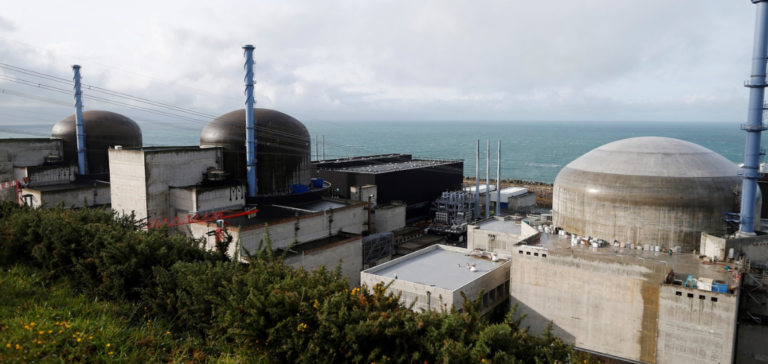Small Modular Reactors (SMRs) and Advanced Modular Reactors (AMRs) represent a major breakthrough in civil nuclear power. With over 80 projects under development worldwide, these technologies promise to transform our approach to decarbonization and the energy transition. With their innovative design and versatility, these reactors could well become the stars of the world’s civil nuclear show in Paris.
SMR and AMR: What are we talking about?
The SMR concept is based on a compact, modular architecture that significantly reduces construction time and costs. In eoutre, Jean-Michel Ruggieri, Director of Iresne at the French Atomic Energy Commission (CEA), highlights their potential for decarbonization on a local scale, notably by replacing coal-fired power plants. These reactors are designed for power ratings of less than 300MW, with components that can be prefabricated at the factory, facilitating transport and installation. Their small size also offers advantages in terms of fuel consumption and intrinsic safety.
Innovation race
To date, the SMRs in service are in Russia, with the first floating nuclear power plant. However, other projects are underway in Argentina, Canada, China and South Korea. In France, the Nuward project is scheduled for 2030, while in the USA, NuScale has suspended sales of its SMR. These projects illustrate the diversity of the applications targeted, ranging from power generation and heating to seawater desalination.
Nuward, France’s future SMR
The Nuward project, supported by EDF and other French partners, represents an important milestone in this development. Using pressurized water reactor technology, it offers innovations such as integrated steam generators, making the reactor particularly compact. Capable of producing electricity, heat or hydrogen, Nuward is positioned as a versatile solution.
By 2050, AMR could represent a technological breakthrough, enabling existing nuclear waste to be digested. The aim is to close the nuclear fuel cycle, making optimum use of materials such as uranium. The CEA has launched two start-ups to develop these technologies, with sodium-cooled or molten-salt fast neutron reactors.
SMR and AMR are shaping up to be key players in the redefinition of the energy landscape. Their development is synonymous with innovation, versatility and a commitment to a more sustainable and secure energy future.






















